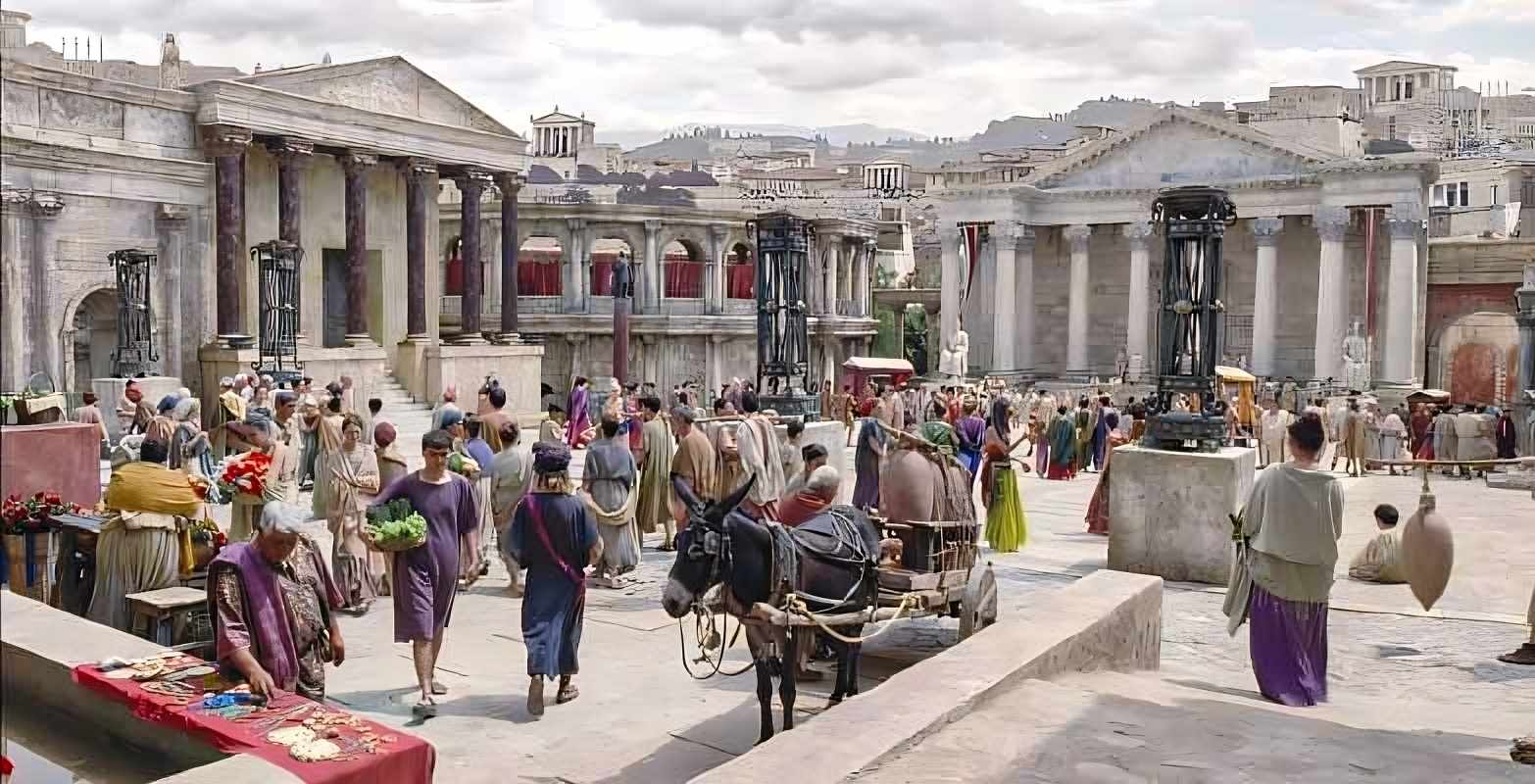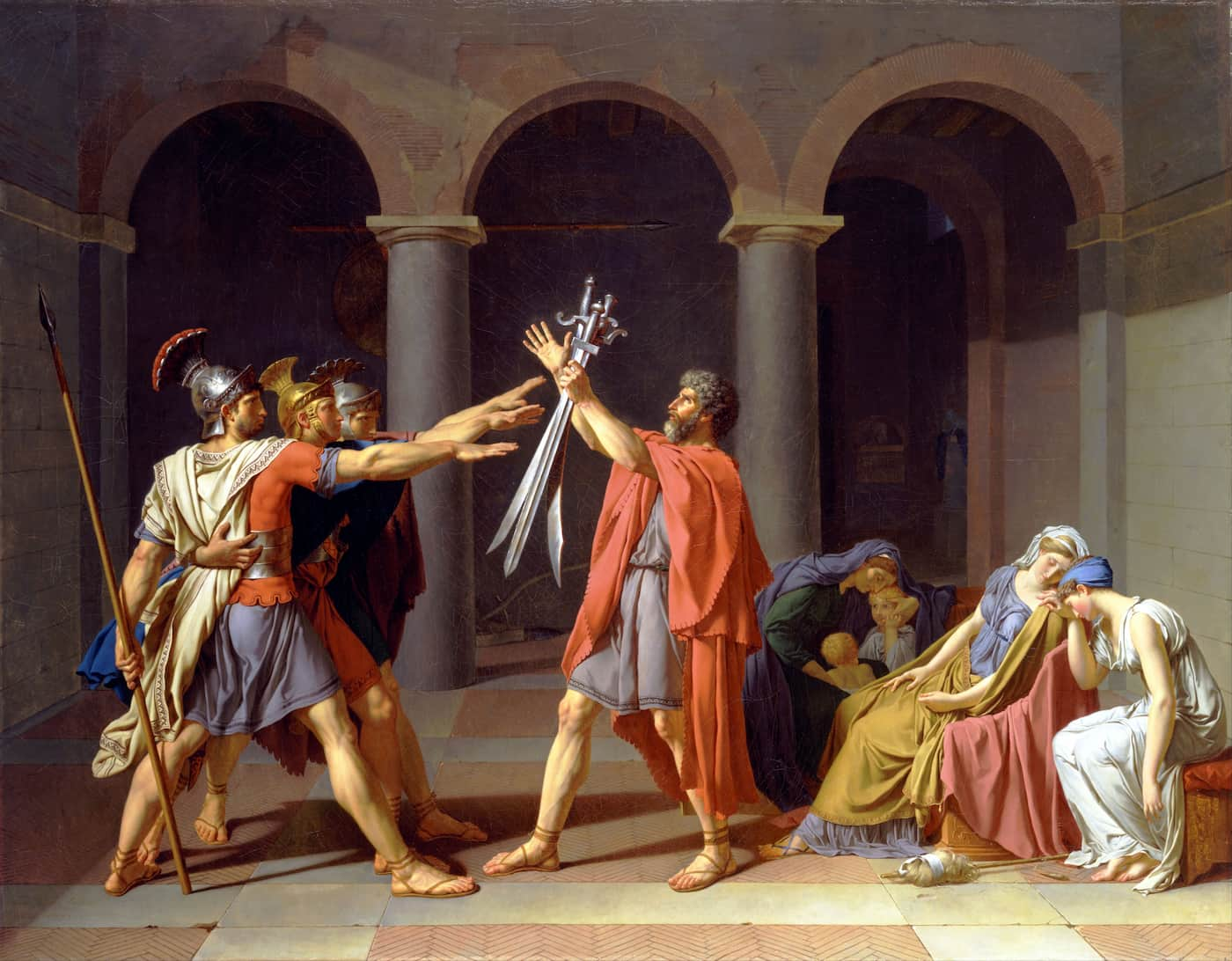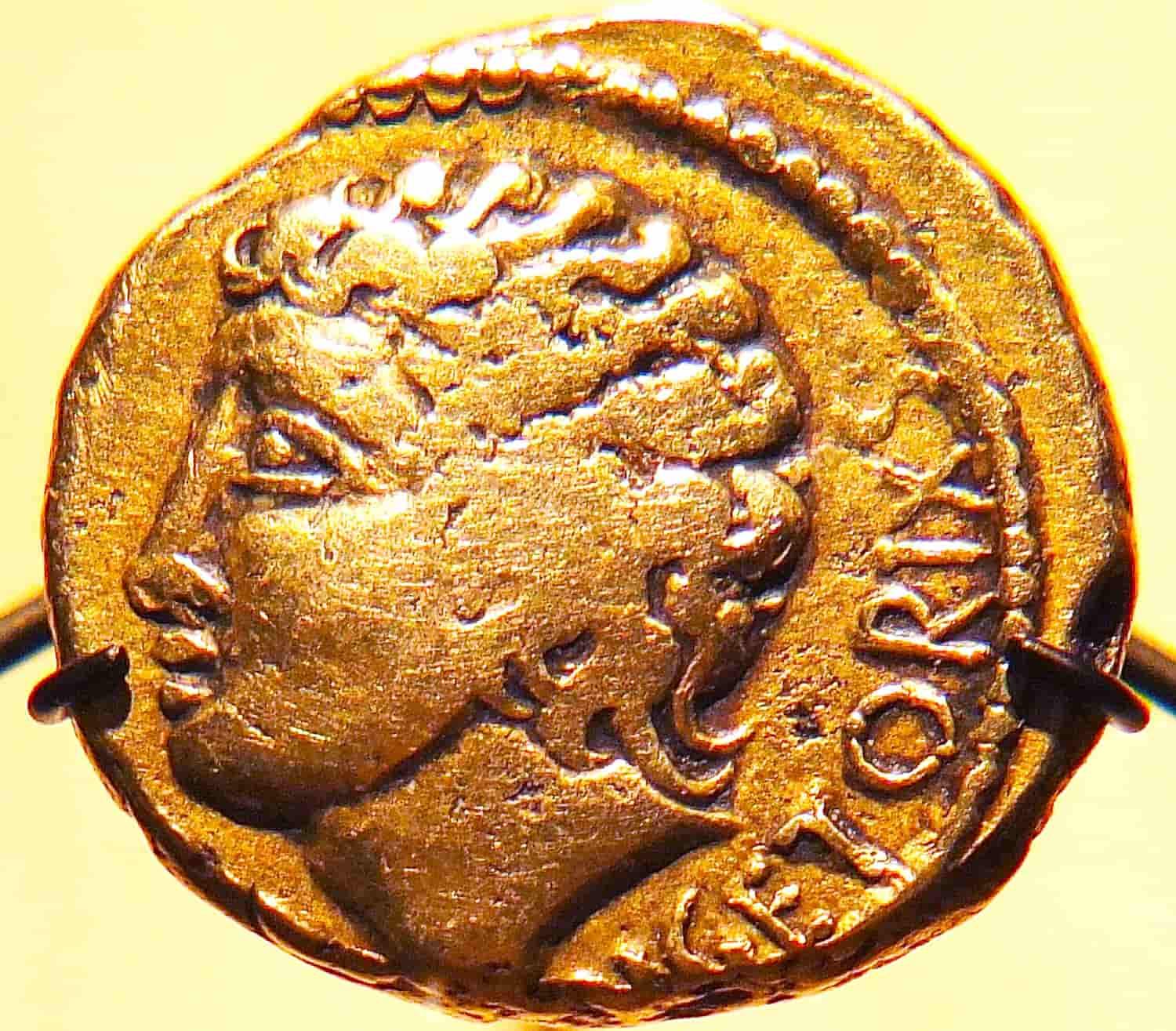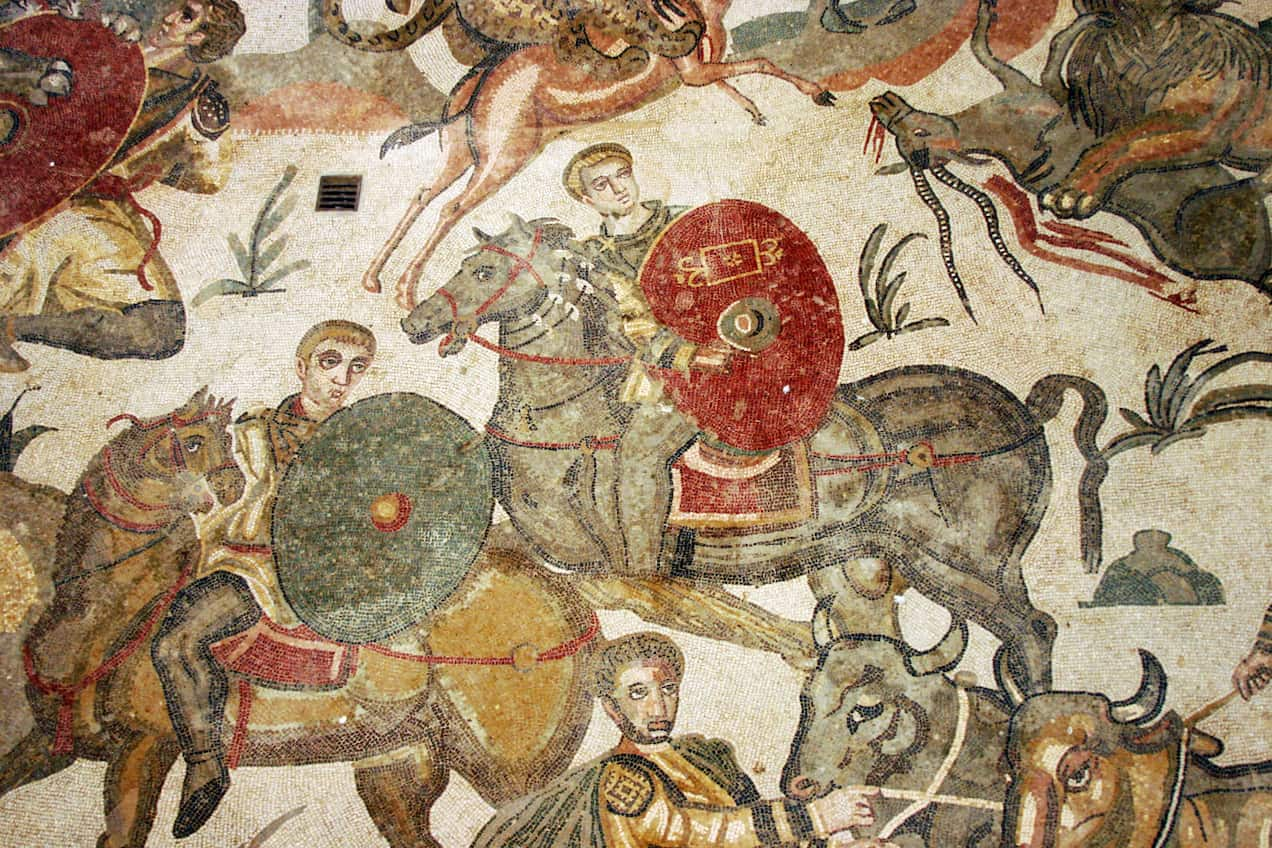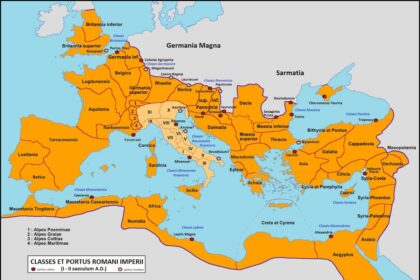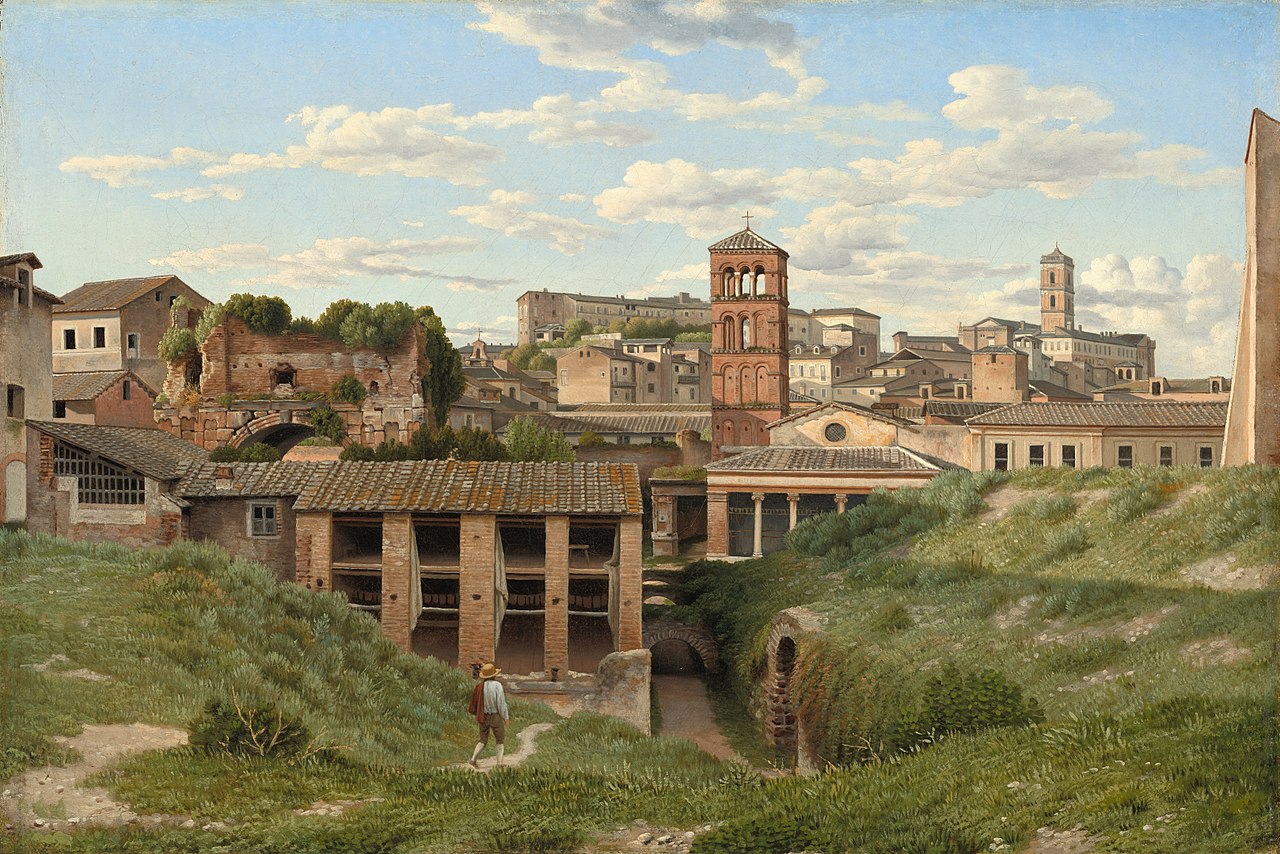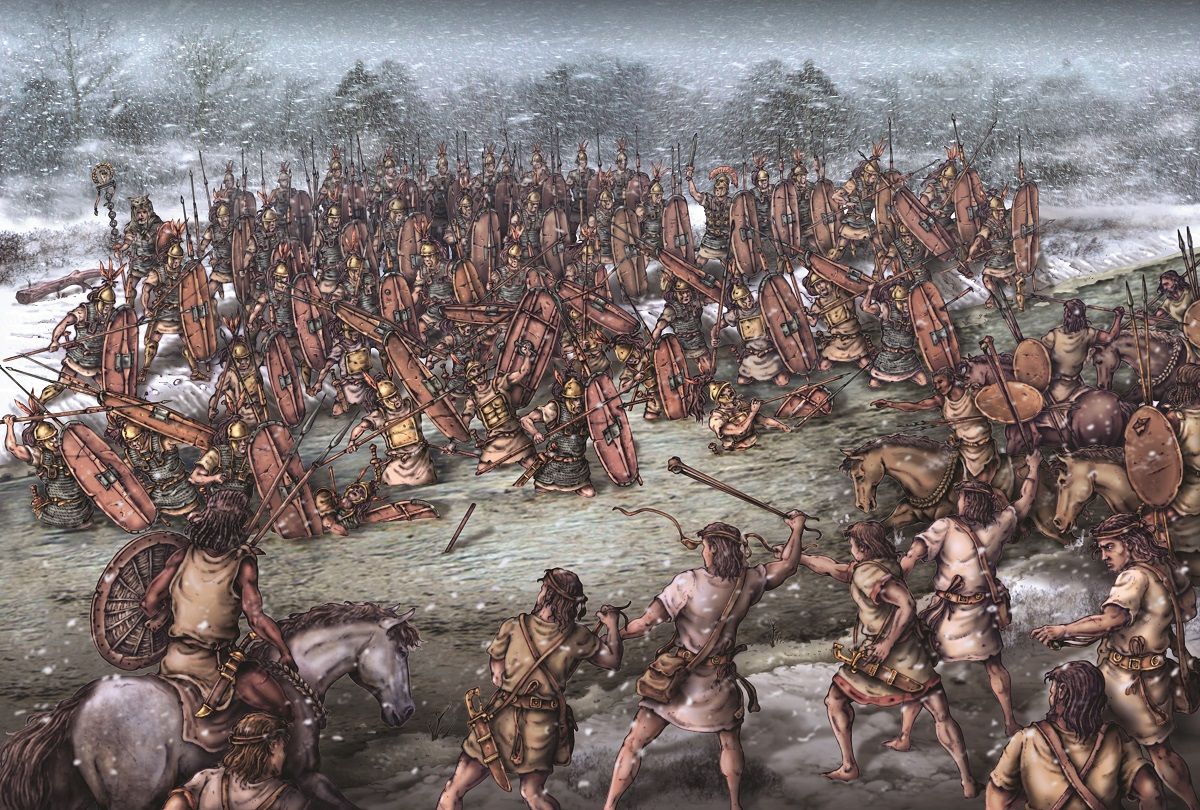How rich was Augustus Caesar? Many ancient rulers had more money than today’s billionaires do together. Since Augustus Caesar ruled over several of the world’s most powerful empires, including Egypt, historians estimate that he amassed a fortune worth trillions of dollars in today’s money. Augustus Caesar (63 BC–14 AD) amassed legendary fortunes via cunning and ruthlessness. In 2023 dollars, Augustus Caesar’s net worth was around $5.8 trillion. In 2014, Stanford professor of history Ian Morris claimed that Augustus was the sole owner of Egypt and that he was also in charge of the Roman Empire which accounted for around 25% to 30% of the world’s economic output. According to Morris, at one time, Augustus was so wealthy that he owned 20% of the Roman Empire’s economic output. Augustus Caesar’s calculated net worth in 2014 was $4.6 trillion, which equates to $5.8 trillion or €5.3 trillion in 2023 dollars.
How Augustus Became the Man With the Highest Net Worth
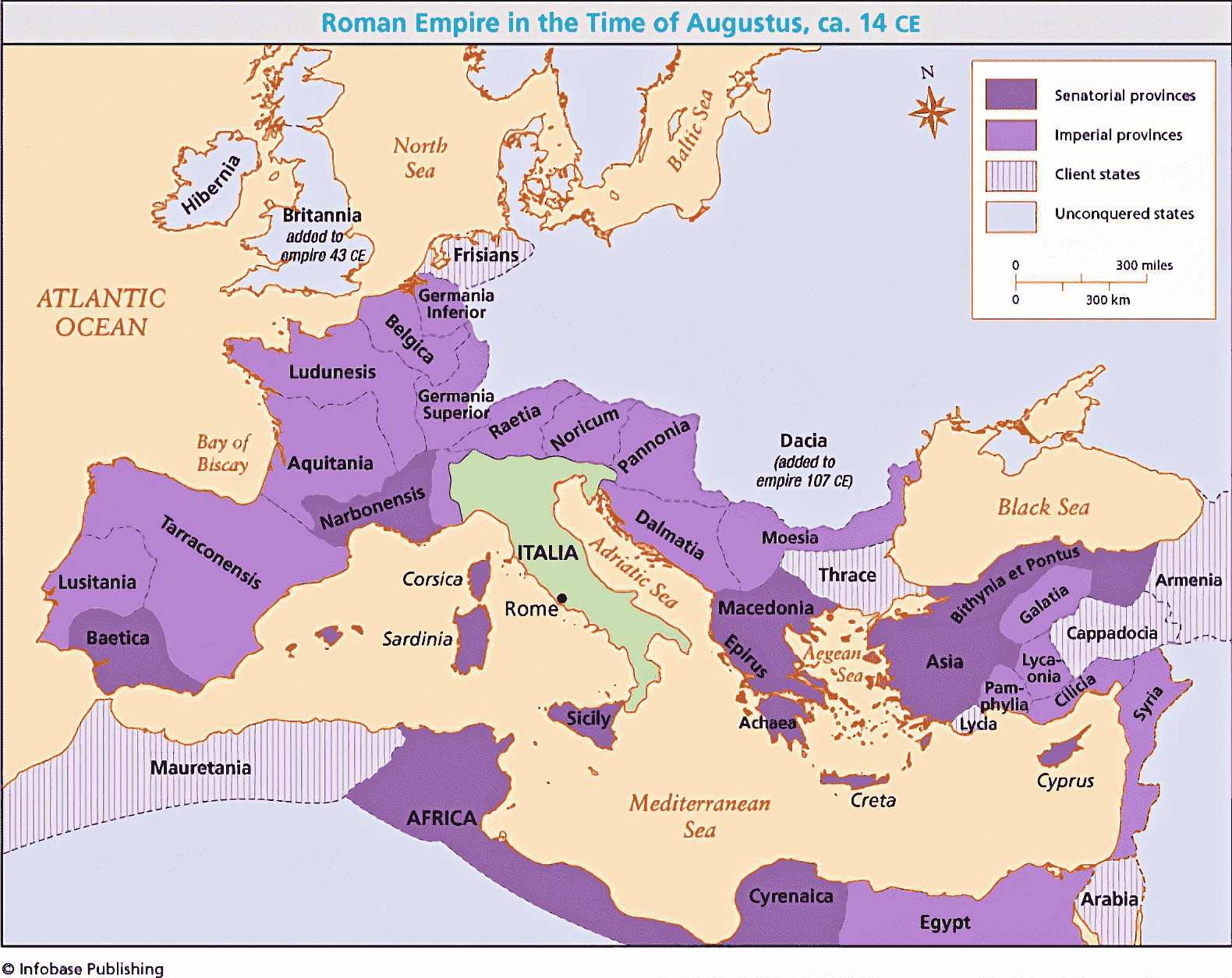
Augustus was a wealthy man beyond description, the wealthiest in Roman history and one of the richest of all time. At the time of his elevation to the rank of “princeps,” or “first citizen,” Augustus dominated most of the known world, including Egypt and much of Europe. To put Augustus’ extreme net worth in context, consider that the Roman General Marcus Licinius Crassus, a contemporary of Augustus Caesar, amassed a famous fortune from the sale of slaves and profits from his family’s silver mines, which is only worth around $350 billion in today’s currency.
Despite being born into a senatorial family with a rich uncle in Julius Caesar, Augustus was not affluent himself until Caesar died and gave him his great inheritance. Caesar had taken half of Europe and depleted the imperial coffers, making Augustus the wealthiest man in the empire.
Later, Augustus became the first emperor of Rome after conquering Marc Antony and Cleopatra and adding Egypt’s vast riches to his own. His net worth increased tenfold as a direct result of the overpowering of Egypt alone. This sum, believed to be at least 1/3 of the Roman Empire’s GDP, enabled Augustus to pay for the whole Roman military and other grand projects, leaving a comfortable bequest for his descendants.
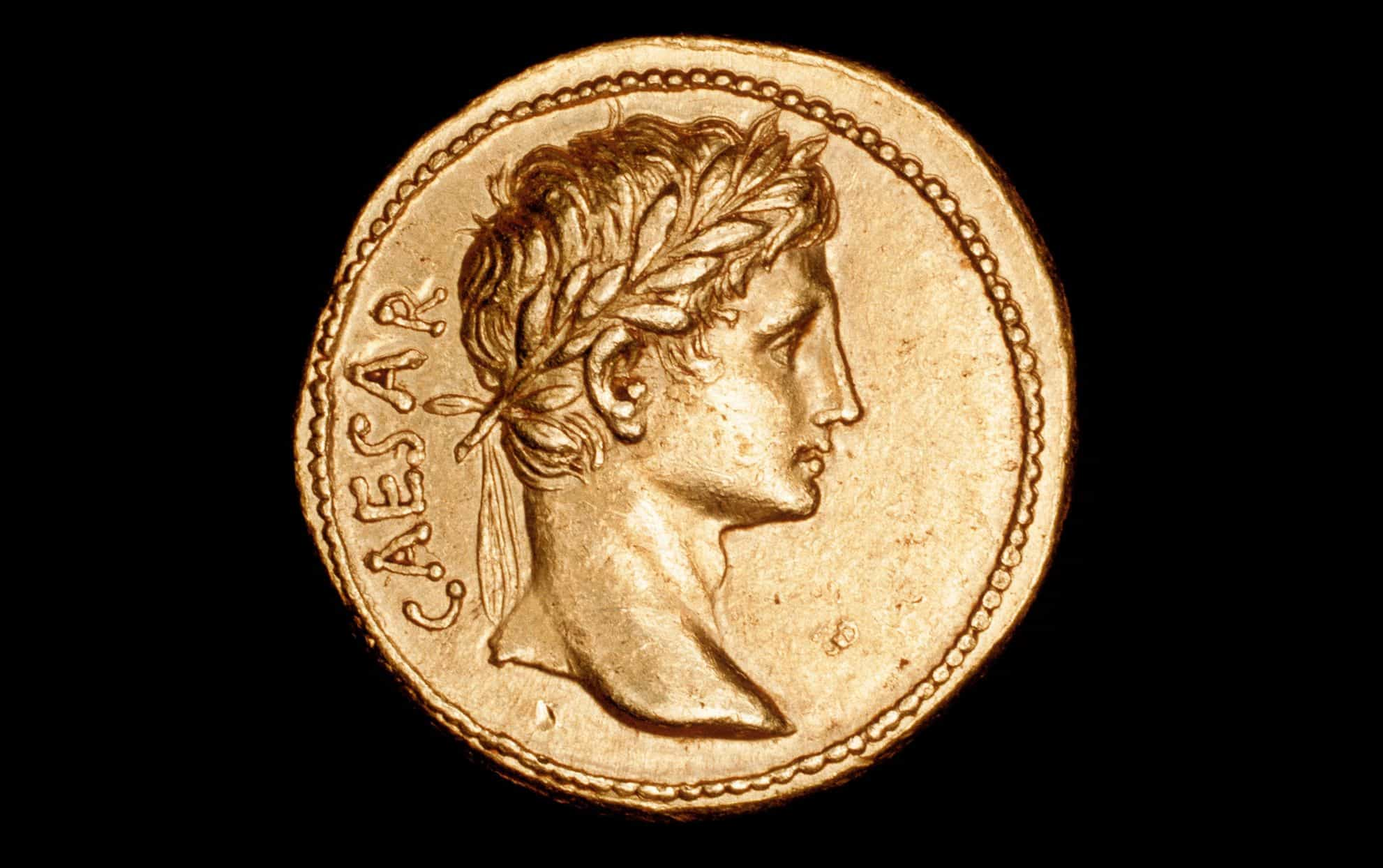
This level of net worth that Augustus had makes him 30 to 45 times richer than Jeff Bezos ($125 billion) and Elon Musk ($180 billion) respectively. For comparison, according to the economist Angus Maddison the total GDP of the Roman Empire was $57 billion in 2023 dollars. It’s impossible to fathom the size of his fortune. The total wealth of the world’s 10 wealthiest people is only $1.2 trillion today.
Because Augustus’s fortune significantly outstripped that of the current richest people. Almost 30 legions and the grain dole, ancient Rome’s welfare system, were all paid for personally by Augustus. Considering how much the United States spends each year on defense, infrastructure, and social programs, Augustus would make at least $2.5 trillion a year if he were alive today. Augustus Caesar was richer than many modern countries.
Historical Clues Regarding Augustus’ Net Worth
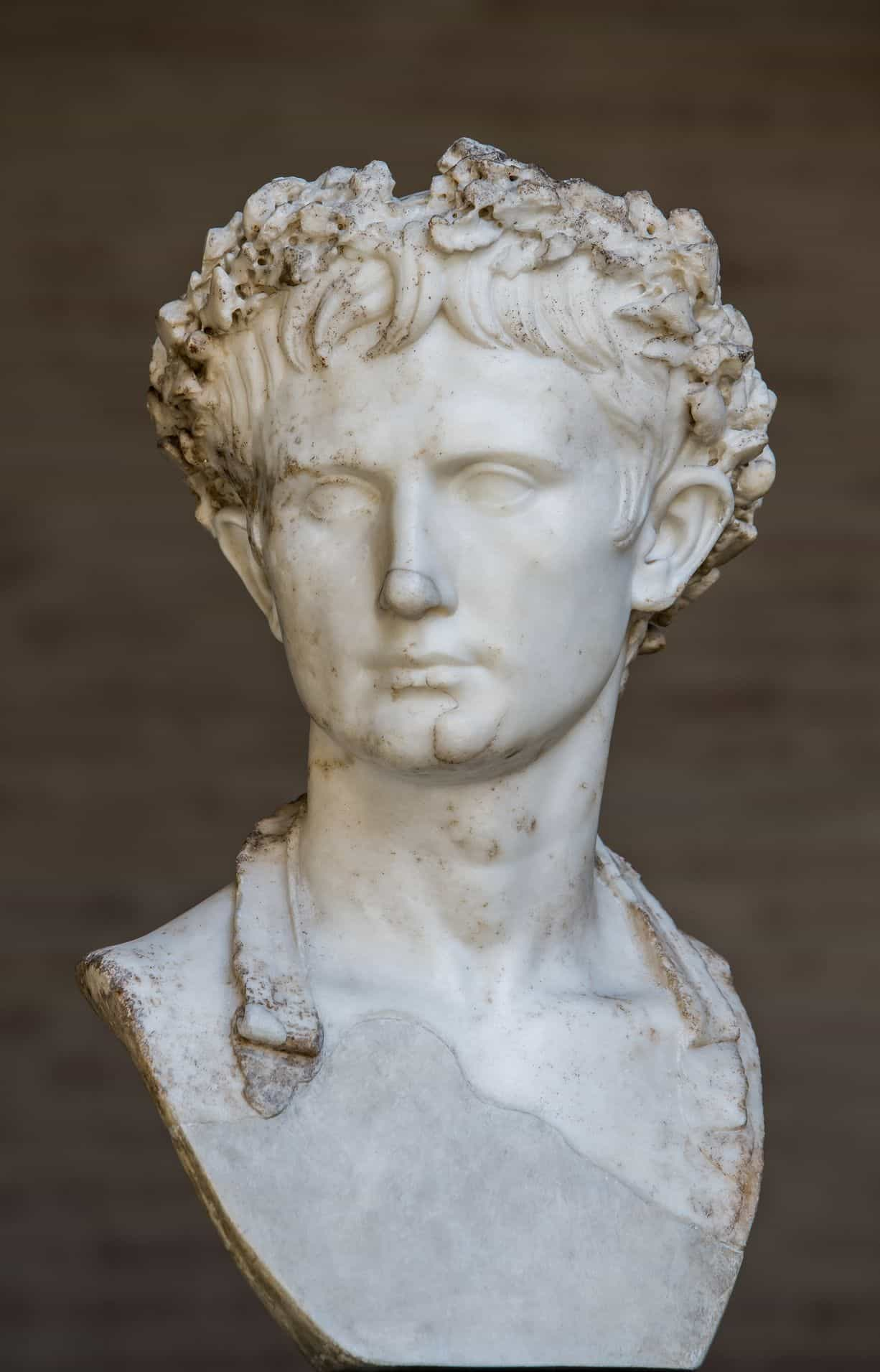
As Caesar’s adoptive son and heir, Augustus was to receive 75% of his father’s fortune, as Suetonius mentioned. Caesar had several estates and a lot of money from his conquests. We don’t exactly know his net worth when he died but he was probably the wealthiest Roman.
But, considering that Caesar left 300 Sestertii to each freeborn Roman citizen, it is safe to assume that this fortune was quite a lot. The freeborn citizens in the city of Rome were around 250,000 at that time and it is estimated that one Sestertius was around $4.25 in today’s currency. Thus, Caesar left 75 million Sestertii or around $320 million to the citizens alone.
Marc Anthony, who considered Augustus a danger, had to provide his consent for the fortune to be transferred. With the help of Caesar’s former soldiers, Augustus formed a private army and made a bargain with the Senate. As a result, he joined Anthony and Lepidus in the Second Triumvirate and shared in their patrimony. When the Roman triumvirate collapsed, Augustus took over as dictator and instituted a system to consolidate his authority.
Augustus ran Egypt as if it were his own private domain, shifting funds between the public and private sectors as he saw fit. The public benefitted from Augustus’ personal wealth. For instance, Augustus disbursed more over 600,000,000 Sestertii from his “private” assets for public enterprises, as documented in Res Gestae Divi Augusti.
This equates to approximately $2.6 billion in 2023 dollars. The inverse flow of funds is mysterious. Moreover, the wealthy Roman citizens could use the option of leaving a portion of their land to the emperor Augustus as political cover which the general Marcus Vipsanius Agrippa or the rich political advisor Gaius Maecenas were famous for doing.
Augustus Owed His Net Worth to Julius Caesar

Augustus owed his success in becoming one of the world’s wealthiest men to the assassination of Gaius Julius Caesar, his adopted father and great uncle. Soon after, Octavian, as he was still known at the time, rallied the troops to his side and brutally put down his enemies.
But it wasn’t until the Senate bestowed upon him the honorary name Augustus, stripped the old aristocratic families of their authority, and ended the civil war that he gained widespread acclaim and support from the general public. There was finally peace in the Roman capital and the provinces.
Octavius was born into a wealthy family, although they were not among Rome’s elite. By the time he was 40, he was the absolute ruler of the Roman Empire, thanks to his political savvy, the power he gained through his relationship with Julius Caesar, and a state loan of around $40 billion (in today’s currency). While he did share some authority with the Senate, he was mostly in charge of the Empire’s provinces (called “Imperial Provinces”).
The Roman Empire accounted for one-third of the world’s GDP at the time, and Augustus owned a quarter of it, which is worth an estimated $5.8 trillion in today’s dollars, or the GDP of five of the fifty states in the United States.
Augustus was often portrayed as Jupiter, the most revered god in the Roman pantheon. No present billionaire can claim to be as wealthy as Augustus Caesar unless they control five US states and have a god status.
The most beautiful month of the year for many is named after Augustus, and even the religious people who care less about politics are familiar with his name. In the biblical tale, Mary and Joseph had to go to Bethlehem because of a census ordered by Augustus Caesar (even though Augustus never ordered a census for the whole Roman Empire in the historical records).
The Roman Economy Thrived While Augustus Was in Charge
Under Augustus Caesar, business boomed, cities expanded, and creative people rejoiced. During this period, Rome was responsible for more than a quarter of global GDP, and Augustus, if traditional history is to be believed, was either shrewd or unscrupulous enough to appropriate a fifth for himself. In today’s terms, that equates to an incredible $5.8 trillion or €5.3 trillion.
Famous for his conquests, Augustus Caesar is often mentioned in the same breath as Napoleon Bonaparte. Augustus may have made life peaceful for his subjects inside the empire, but it was definitely unbearable on the outside.
The Roman Republic’s first emperor, Augustus raised the already unflinching conquering missions to new heights as he took an example from his adoptive father, Julius Caesar. He conquered all of Egypt and Cantabria and marched his soldiers even farther north, into Germania.
Augustus Caesar was never in a hurry to celebrate his victories. He was 76 years old when he passed away, making him an absolute Methuselah for that time when the life expectancy at birth was 25 years. Even more impressively, Augustus successfully set up his stepson Tiberius as his successor, and he received a large portion of Augustus’ net worth.








